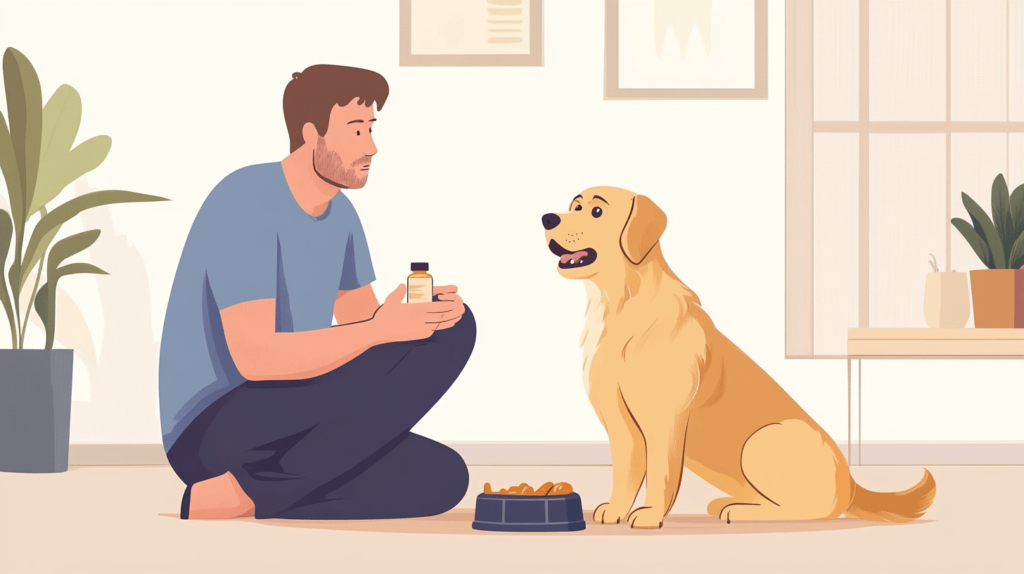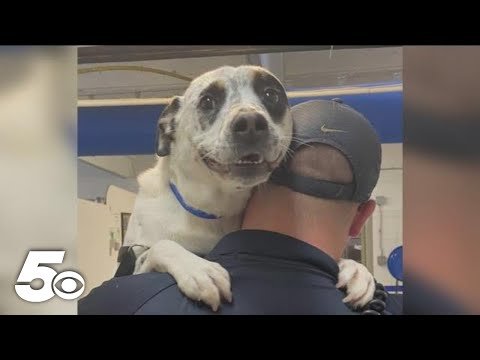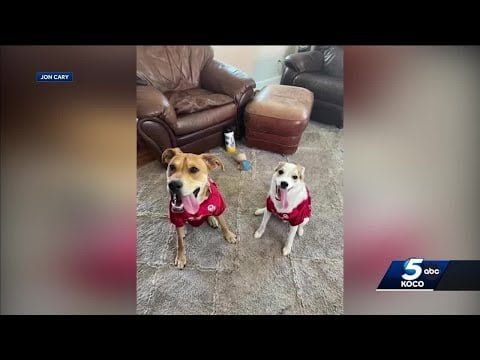If you’re a dog owner, you’ve probably experienced that moment of panic when your furry friend starts showing signs of tummy trouble.
From the occasional upset stomach to more serious conditions, digestive issues are a common concern in the canine world.
Let’s dive into six common digestive problems that dogs face, what to look out for, and how you can help your four-legged companion feel better.
1. Gastroenteritis: The Stomach Bug Blues
Gastroenteritis is a fancy term for inflammation of the stomach and intestines, and it’s about as fun for dogs as it is for humans – which is to say, not at all.
You might notice your pup suddenly vomiting or having diarrhea, losing their appetite, or just seeming a bit under the weather.
Often, it’s caused by your dog eating something they shouldn’t have (we’re looking at you, garbage can raiders), but it can also be due to infections or stress.
What can you do? Give your dog’s tummy a break by withholding food for 12-24 hours, but make sure they have access to fresh water.
When you start feeding again, stick to bland, easily digestible foods.
If symptoms persist or worsen, it’s time to call the vet.

2. Food Allergies and Sensitivities: The Sneaky Culprits
Just like humans, dogs can develop allergies or sensitivities to certain foods.
The tricky part is that these issues can show up as digestive problems, skin issues, or both.
You might notice your dog having chronic diarrhea, excessive gas, or itchy skin that just won’t quit.
The most common troublemakers are proteins like beef or chicken, grains like wheat or corn, and sometimes even additives in dog food.
Solving this mystery often involves working with your vet to identify the problem ingredients, possibly through an elimination diet.
Switching to a hypoallergenic or limited-ingredient diet can make a world of difference for your sensitive pup.
3. Pancreatitis: The Painful Predicament
Pancreatitis is inflammation of the pancreas, and it’s as unpleasant as it sounds.
Dogs with pancreatitis often show signs of severe abdominal pain, repeated vomiting, and a complete loss of appetite.
It can be caused by a high-fat meal (like too many table scraps), obesity, or sometimes medications.
This is definitely a “get to the vet ASAP” situation.
Treatment usually involves IV fluids, pain management, and a careful diet.
Long-term, you’ll want to stick to low-fat, easily digestible foods to prevent a recurrence.

4. Intestinal Parasites: The Unwelcome Guests
Nobody likes uninvited guests, especially when they’re setting up shop in your dog’s digestive tract.
Parasites like roundworms, hookworms, and giardia can cause all sorts of trouble, from diarrhea to weight loss, despite your dog eating like a champ.
Regular deworming and fecal tests are your best defense against these microscopic invaders.
If your dog does pick up a parasite, your vet can prescribe the right medication to evict them.
And remember, good hygiene (like picking up after your dog promptly) helps prevent reinfestation.
5. Inflammatory Bowel Disease (IBD): The Chronic Challenge
IBD is like the moody teenager of digestive issues – it’s complex, chronic, and can be triggered by all sorts of things.
Dogs with IBD might have ongoing bouts of vomiting or diarrhea, lose weight, or just seem generally under the weather.
Managing IBD often involves a combination of dietary changes (like switching to a hypoallergenic diet) and medications to control inflammation.
It’s a bit of a journey, but with patience and the help of your vet, you can find a treatment plan that works for your pup.
6. Gastrointestinal Obstructions: The Dangerous Blockages
Sometimes, dogs eat things they shouldn’t – like toys, bones, or your favorite sock.
When these objects get stuck in the digestive tract, it’s called an obstruction, and it’s as serious as it sounds.
Dogs with an obstruction often vomit repeatedly and can’t keep any food or water down.
This is a true emergency that requires immediate veterinary attention.
Surgery is often necessary to remove the blockage, followed by careful post-operative care.
The best prevention? Keep tempting non-food items out of paw’s reach!
Want to keep up to date with new animal stories?
Keeping Your Dog’s Digestion on Track
While you can’t prevent every tummy trouble, you can stack the deck in your dog’s favor.
Avoid sudden food changes, keep the garbage secure, and maintain regular vet check-ups.
And when in doubt about your dog’s digestive health, don’t hesitate to consult your veterinarian.
Has your furry friend experienced any of these digestive issues?
Your story could help other pet parents navigate similar challenges.
Share your experience or ask questions in the comments below, and don’t forget to use #DogDigestiveHealth.
Let’s create a supportive community where we can exchange tips and advice on keeping our canine companions happy and healthy from nose to tail.
SHARE now with your friends!


